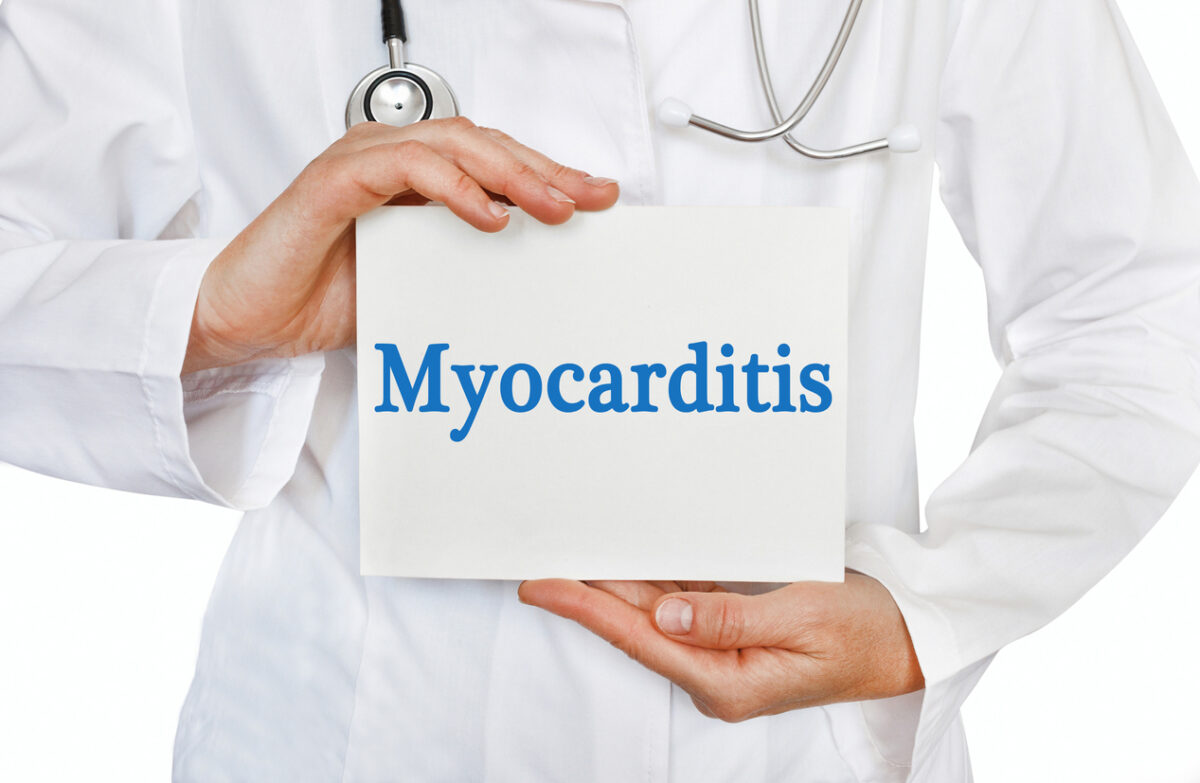Myocarditis is an inflammation of the heart muscle. It can be caused by a viral infection, but it can also have other causes, such as autoimmune disease, exposure to certain toxins, or a reaction to a medication.
Symptoms of Myocarditis
Myocarditis can be mild, with few or no symptoms, or it can be severe, resulting in chest pain, arrhythmias, or even heart failure. In some cases, myocarditis can lead to sudden death. Early diagnosis and treatment are important for preventing serious complications from myocarditis.
Diagnosis of Myocarditis
A diagnosis of myocarditis is typically made based on symptoms, physical examination findings, and electrocardiogram results. In some cases, further testing, such as echocardiography or cardiac MRI, may be necessary to confirm the diagnosis.
Treatment of Myocarditis
Treatment for myocarditis generally focuses on relieving symptoms and supporting the heart. Bed rest and updated medications may be recommended. In some cases, however, more aggressive treatment may be necessary. This could include corticosteroids, immunosuppressants, or even a heart transplant. With proper treatment, myocarditis can be managed effectively and patients can enjoy a good quality of life.
Steps to Take if You Have Symptoms of Myocarditis
If you have myocarditis, there are a few steps you can take to manage your condition and improve your prognosis.
- Rest - Myocarditis can be a very physically demanding condition, so it is important to give your body the rest it needs to heal. This may mean avoiding strenuous activity and taking frequent breaks during the day.
- Medication - Myocarditis is often treated with medication, such as corticosteroids or immunosuppressants, to reduce inflammation and prevent further damage to the heart.
- Lifestyle changes - Making lifestyle changes, such as quitting smoking and eating a healthy diet, can help improve your overall health and reduce your risk of complications from myocarditis.
- Heart-healthy lifestyle - Living a heart-healthy lifestyle is important for everyone, but it is especially important for those with myocarditis. This means maintaining a healthy weight, exercising regularly, and avoiding smoking and excessive alcohol consumption.
- Regular follow-up - It is important to see your doctor regularly for follow-up appointments to monitor your condition and make sure that your treatment plan is working.
Myocarditis Prevention
There is no one definitive answer when it comes to preventing myocarditis. However, there are certain things that you can do to reduce your risk of developing the condition. One of the best ways to prevent myocarditis is to avoid exposure to viruses and other infectious agents. If you are exposed to an infection, be sure to promptly seek medical care and follow your doctor's orders.
In addition, maintaining a healthy lifestyle is important for overall heart health and may help to prevent myocarditis. This includes eating a healthy diet, exercising regularly, keeping stress levels under control, and avoiding tobacco use. If you have any underlying medical conditions that put you at higher risk for myocarditis, be sure to closely manage these conditions and follow your doctor's recommendations.
With proper precautions and medical care, myocarditis can be prevented in many cases. However, it is important to be aware of the signs and symptoms of the condition so that you can seek prompt treatment if necessary. Early diagnosis and treatment of myocarditis are essential for the best possible outcome.
Resources
- Sagar, S., Liu, P. P., & Cooper, L. T. (2012). Myocarditis. The Lancet, 379(9817), 738–747. https://doi.org/10.1016/s0140-6736(11)60648-x
- Al-Akchar, M., & Kiel, J. (2022, May 8). Acute Myocarditis. Nih.gov; StatPearls Publishing. https://www.ncbi.nlm.nih.gov/books/NBK441847/
- Cooper, L. T. (2009). Myocarditis. New England Journal of Medicine, 360(15), 1526–1538. https://doi.org/10.1056/nejmra0800028


